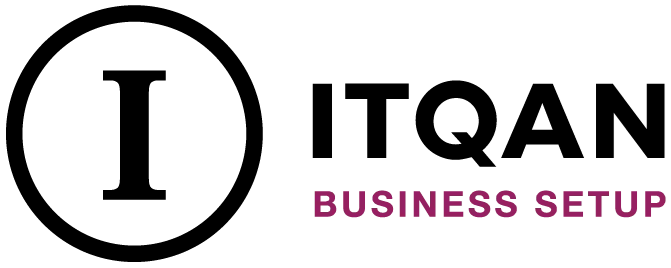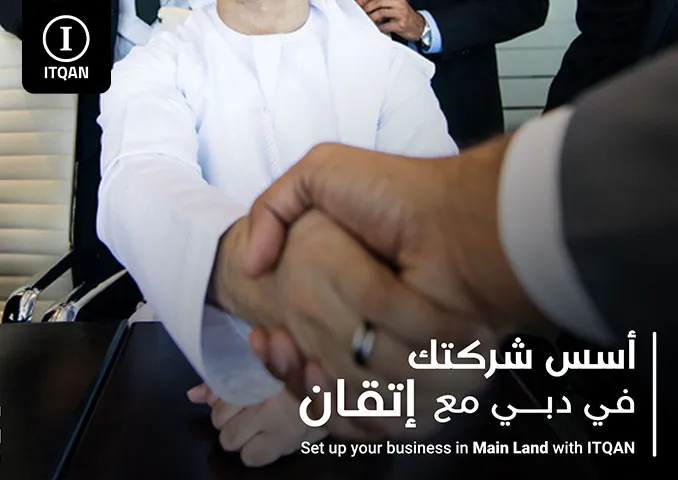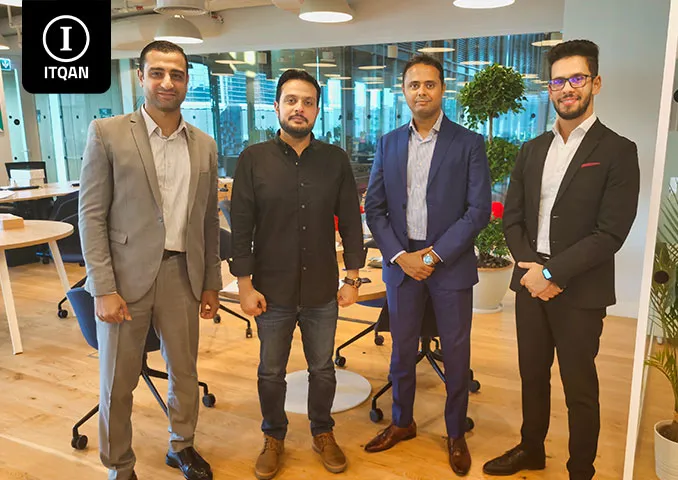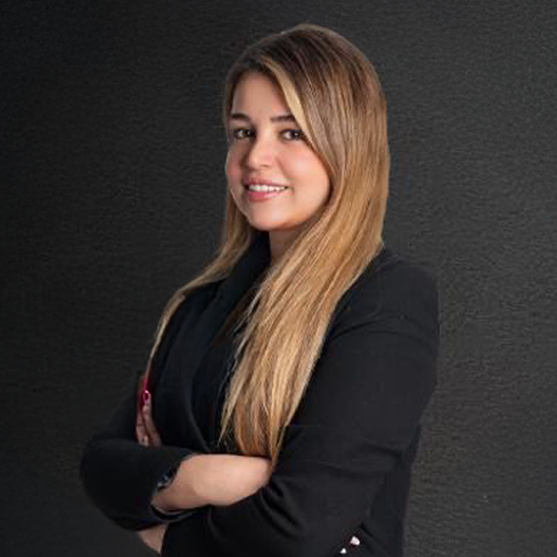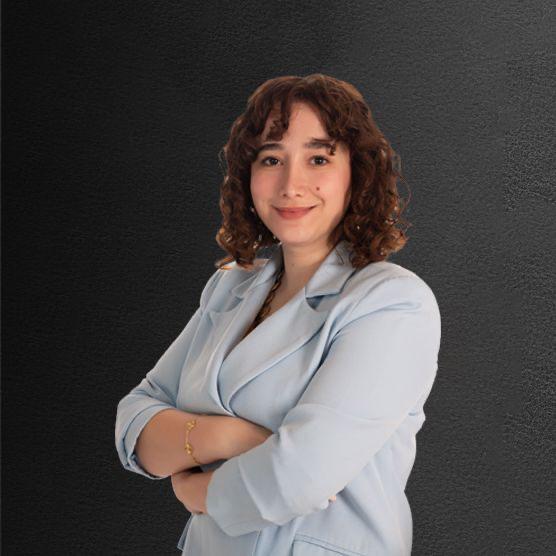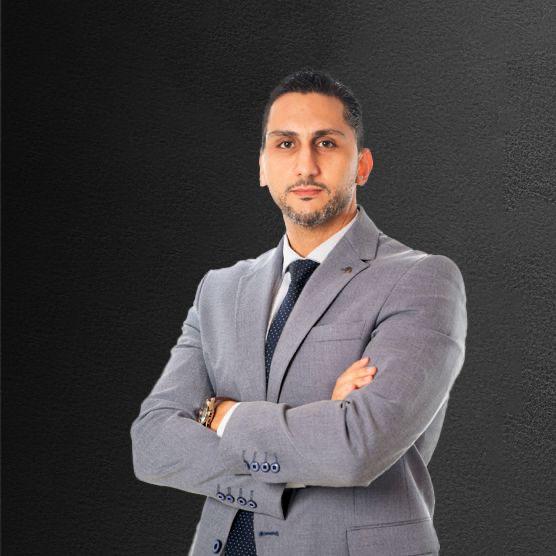DIFC vs Other Free Zones: Which Is Right for Your Business?
When it comes to business setup UAE, one of the first decisions entrepreneurs make is choosing the right free zone. Among the most popular choices is the Dubai International Financial Centre (DIFC), a premier financial hub. However, several other free zones across the UAE offer competitive benefits. In this article, we compare DIFC with other major free zones to help you identify the best option for your business.
What Is DIFC?
The DIFC is a leading global financial center located in the heart of Dubai. It provides a world-class platform for financial institutions, law firms, and professional services companies. DIFC is known for its independent regulatory framework based on international standards, making it ideal for businesses that need a robust legal and financial environment.
Benefits of Business Setup in DIFC
Setting up a company in DIFC offers several advantages:
- 100% foreign ownership
- Zero taxes on income and profits for 50 years
- A strong regulatory framework aligned with international standards
- Access to a well-established network of financial services
- Strategic location with easy connectivity to global markets
However, DIFC is more suited to sophisticated financial institutions and professional service firms rather than general trade or industrial activities.
Other Free Zones in the UAE
Besides DIFC, the UAE hosts over 40 free zones catering to diverse industries. These include Jebel Ali Free Zone (JAFZA), Dubai Multi Commodities Centre (DMCC), Dubai Silicon Oasis (DSO), and Sharjah Media City (Shams), to name a few.
Key Benefits of Other UAE Free Zones
While each free zone has its own set of rules and incentives, common benefits include:
- 100% foreign ownership
- Full repatriation of profits and capital
- Zero personal and corporate income taxes
- Simplified visa and company registration process
- Sector-specific infrastructure and support services
For example, JAFZA is excellent for logistics and trading companies, while Dubai Internet City and DSO cater primarily to tech startups and innovators.
Business Setup UAE: Which Option Is Better?
Your choice of free zone should align with your business model, industry, and long-term goals. Here is a comparison to help you decide:
1. Licensing and Business Activities
DIFC caters to finance-related activities such as banking, wealth management, insurance, and legal services. In contrast, other free zones offer licenses for a broader range of activities, including manufacturing, trading, e-commerce, media, and education.
2. Cost of Setup
DIFC has comparatively higher setup and operational costs due to its premium positioning. Other free zones offer flexible packages suitable for small to medium-sized enterprises. To get a clearer idea, read our detailed article on how much it costs to open a company in Dubai.
3. Regulatory Oversight
DIFC is regulated by the Dubai Financial Services Authority (DFSA), ensuring transparency and accountability. This level of oversight is mandatory for financial services but may not be necessary for other sectors handled by free zones with simpler requirements.
4. Office Space Requirements
In DIFC, businesses are typically required to have physical office space or dedicated desks, which increases overhead costs. Other free zones offer cost-effective options like flexi-desks, business centers, or even virtual offices in some cases.
5. Reputation & Credibility
DIFC offers a high level of credibility, especially for firms engaging with international clients or regulated industries. Other free zones may lack this global recognition but offer ample credibility within their respective sectors.
Synonym Focus: Alternative Options for Business Launch
Entrepreneurs looking to launch a business in UAE have many viable alternatives beyond DIFC. For example:
- Dubai South Free Zone focuses on logistics, aviation, and e-commerce and is ideal for startups. Learn how Dubai South supports startups and entrepreneurs.
- DMCC is perfect for commodity trading companies and has been awarded as the world’s number one free zone numerous times.
- Sharjah Media City caters to freelancers and creative industries at competitive pricing options.
Key Considerations for Choosing Between DIFC and Other Free Zones
Here are important factors to evaluate before your business setup UAE journey begins:
- Industry type: Financial vs. non-financial sector.
- Budget: DIFC is ideal for high-capital firms; others suit budget-conscious entrepreneurs.
- Office space: Mandatory physical presence in DIFC, flexible in other zones.
- Business goals: DIFC is better for firms intending international reputation; other zones are ideal for operational simplicity.
- Visa requirements: Check the number of visas offered in your package.
How to Begin Your Business Setup in UAE
Here’s a general overview of the process to start a company in the UAE:
- Choose the appropriate free zone
- Select your business activity
- Register your trade name
- Apply for a business license
- Secure office space (if required)
- Apply for visas and open a corporate bank account
For more guidance, check this helpful article on how to choose the right trade license for your business in Dubai.
Final Thoughts: DIFC or Another Free Zone?
Choosing between DIFC and other UAE free zones boils down to your business’s industry, operating budget, and growth vision. DIFC is ideal for enterprises needing regulatory rigor, while other zones offer versatility, affordability, and sector-specific benefits. Understanding the free zone landscape is vital to a successful business setup UAE strategy.
To explore more about starting a business in the UAE, visit the official UAE Government Portal.
Still Unsure?
Looking for expert support? Get in touch with our consultants today to explore the most suitable free zone for your needs.
